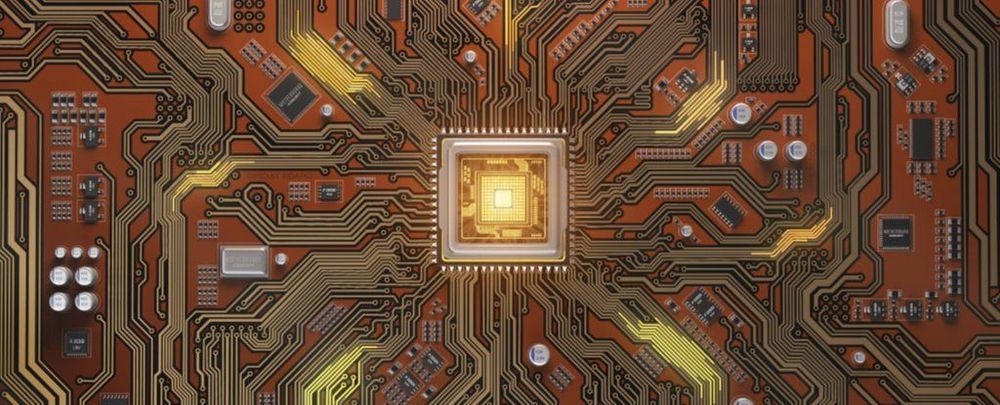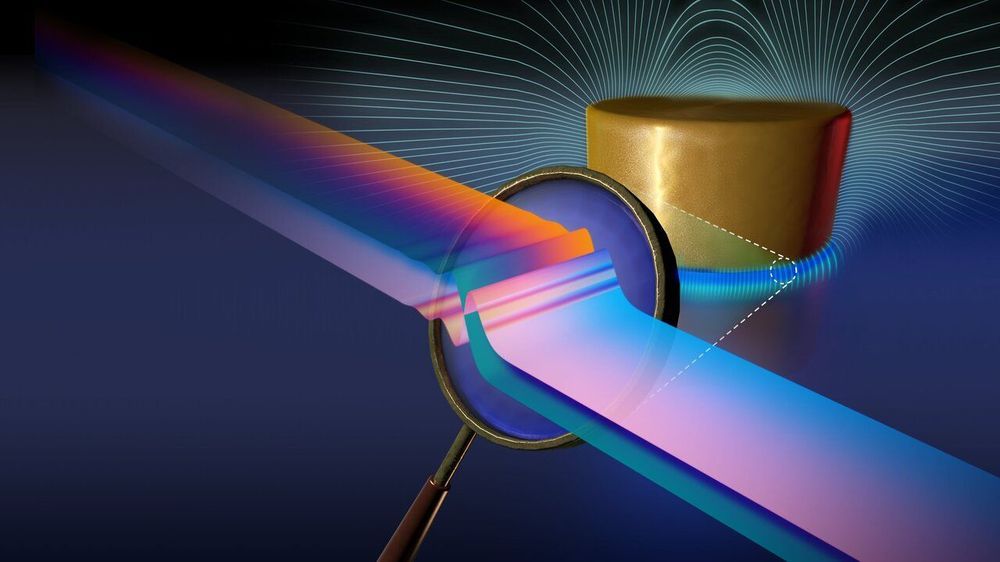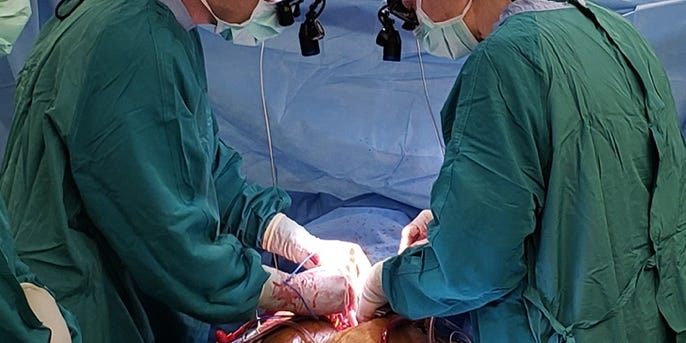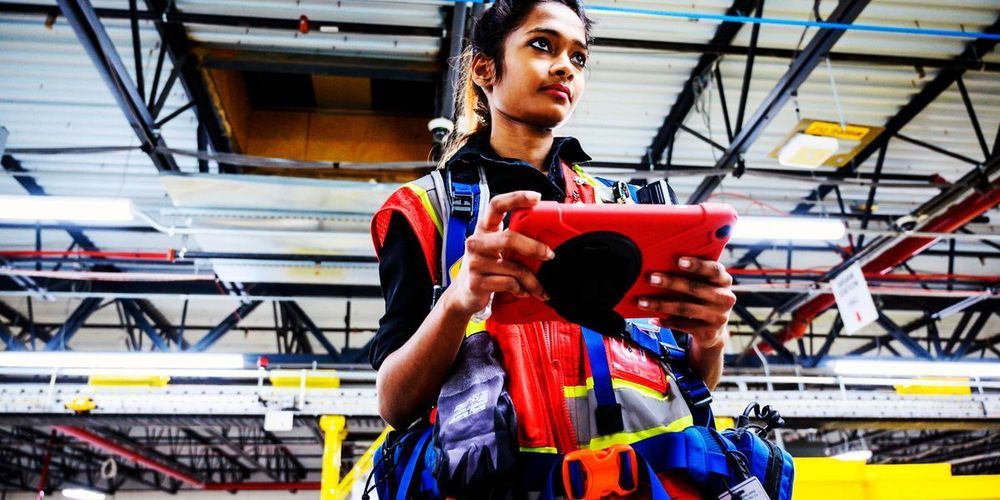Quantum computing has the potential to revolutionise the processing power at our fingertips, but for the moment a lot of it is just potential.
Researchers have been uncertain on whether we’ll ever be able to harness quantum computing in a practical, affordable, realistic way. But we might have an exciting new lead.
Two new studies show how quantum technologies can work with everyday electronics – specifically, transmitting quantum information using devices made from silicon carbide, a material which is already used everywhere from LED lights to telescopes.







